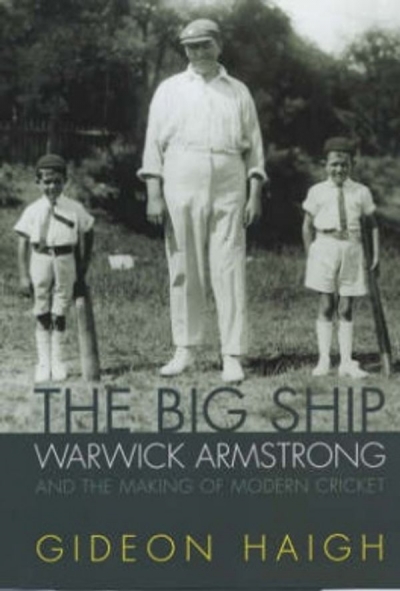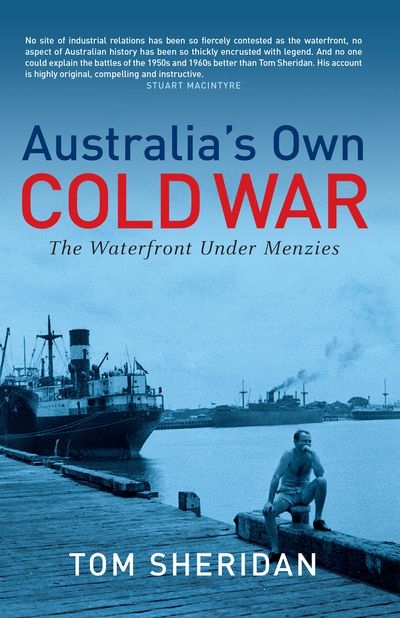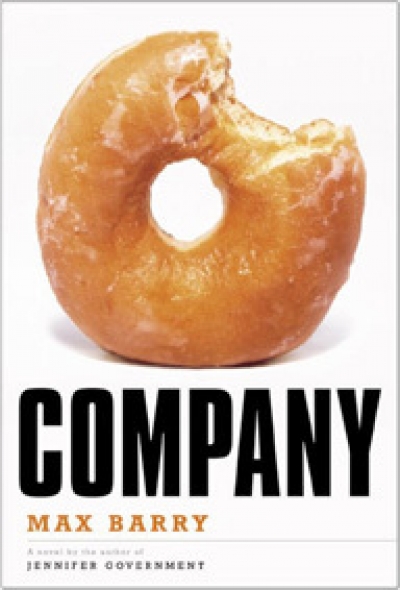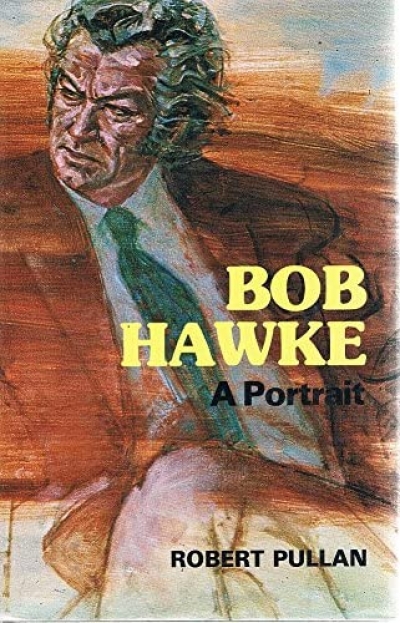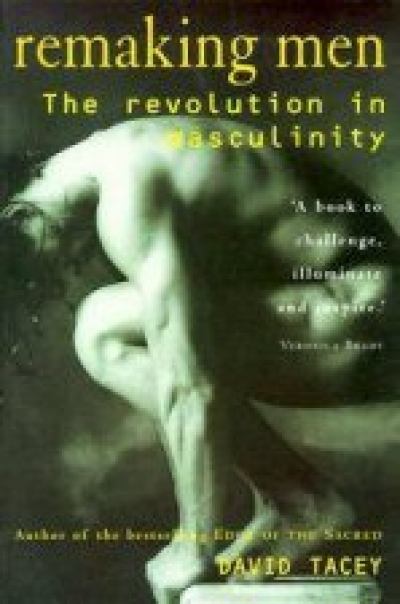Archive
Film | Theatre | Art | Opera | Music | Television | Festivals
Welcome to ABR Arts, home to some of Australia's best arts journalism. We review film, theatre, opera, music, television, art exhibitions – and more. To read ABR Arts articles in full, subscribe to ABR or take out an ABR Arts subscription. Both packages give full access to our arts reviews the moment they are published online and to our extensive arts archive.
Meanwhile, the ABR Arts e-newsletter, published every second Tuesday, will keep you up-to-date as to our recent arts reviews.
Recent reviews
The Big Ship: Warwick Armstrong and the making of modern cricket by Gideon Haigh
A Gap in Nature: Discovering the world’s extinct animals by Tim Flannery and Peter Schouten
Australia's Own Cold War: The waterfront under Menzies by Tom Sheridan
I has sworn, in my editorial capacity, not to reinforce or allow to be reinforced, by word or deed, the old Sydney vs. Melbourne scenario in the pages of this magazine; but I realised very quickly that this was a case of one’s reach exceeding one’s grasp. The construction of this inter-city relationship as ‘St Petersburg or Tinsel Town?’, with its suggestion of two (and only two) opposing superpowers and its implication that one must make the choice, has – however you might feel about it – an imaginative force before which one can only bow. Several recent items in ABR have drawn on the two cities’ perceived differences in order to make points about the books or ideas under discussion (see, for instance, Rob Pascoe’s review of Frederic Eggleston and Intellectual Suppression in this issue); Jim Davidson has produced The Sydney Melbourne Book as heralded in last month’s ‘Starters & Writers’; the ‘opposition’ model seems to be a powerful figure in the national literary rhetoric.
... (read more)The Australian Bookseller & Publisher serves as the trade magazine for the Australian publishing and bookselling industry. It derives a substantial amount of its revenue from the advertisements that publishers place in it.
... (read more)Remaking Men: The revolution in masculinity by David Tacey
We moved out from the stone of Mallarmé’s mind, through silence of thought
... (read more)The Fortunes of HHR
Last month, in his critique of Bruce Beresford’s memoir (whose title is far too long to reproduce here), Peter Craven, in addition to expressing surprise at film producers’ unwillingness to finance Beresford’s proposed film of Henry Handel Richardson’s The Fortunes of Richard Mahony, deplored the fact that the great trilogy (1917–29) was out of print. Well, abracadabra! Australian Scholarly Publishing has come to the rescue with a three-volume edition of Fortunes. (Penguin informs us that it will publish a new Penguins Classics edition in 2008.)
The Australian Scholarly Publishing edition marks the culmination of Clive Probyn and Bruce Steele’s scholarly edition of the works of HHR: six novels, a novel translated from the Danish, her music and her complete correspondence. Professor Probyn, of Monash University, writes about the trilogy and the vicissitudes of HHR’s career in this month’s Profile in World Literature and Ideas (beginning on p. 30).
Scholarly editions of this kind are the rara avis of Australian literature. What this country badly needs is an equivalent of the Library of America, that redoubtable, non-profit enterprise which brings readers – in handsome, relatively inexpensive, hardback editions – novels, stories, poetry, plays, essays, journalism, historical writing, speeches and more. The Library – long dreamt of by Edmund Wilson, inspired by La Pléiade in France – was founded in 1979 and now runs to more than 150 volumes. The authors range from Edgar Allan Poe and Edith Wharton to James Baldwin and Philip Roth. The aim is a simple one: to keep classics in print in order to preserve the country’s literary heritage.
Now there is an ambitious project for a visionary Australian philanthropist or philanthropic trust.
... (read more)
